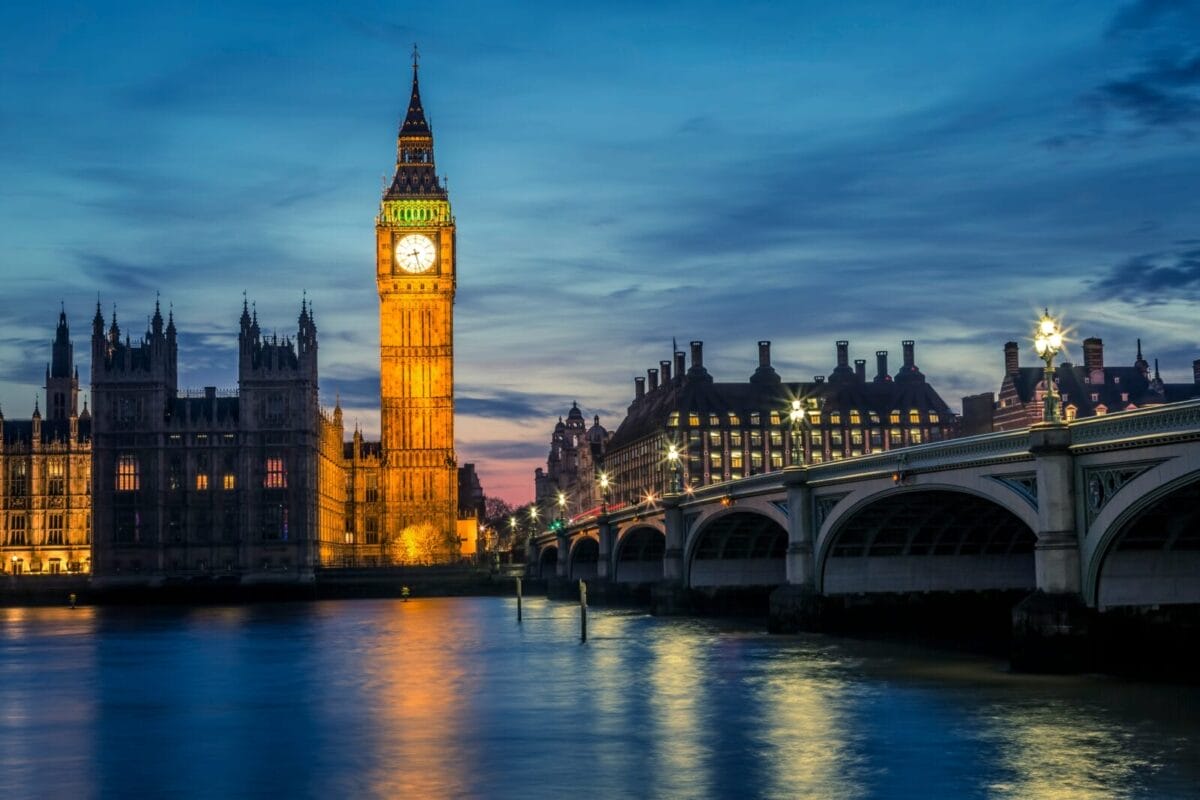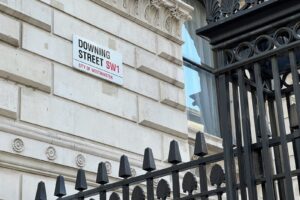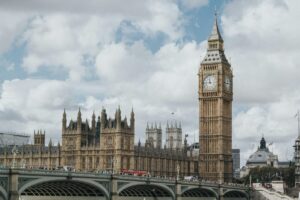- HMRC likely to target wealthy people – but have they already cracked down too hard?
- Better use of AI can help HMRC cut down on poorly-targeted investigations
With both the Labour and Conservative Parties pledging to increase tax investigations if they win the General Election on July 4, Pinsent Masons, the multinational law firm says that HMRC is likely to target high net worth individuals and invest more into use of AI.
Shadow Chancellor Rachel Reeves announced in April that Labour would invest £555m into HMRC investigations, funding the recruitment of more tax inspectors to focus on complex tax evasion and avoidance cases. This is projected to raise an extra £700m in tax in its first year and £5.1bn per year by the end of the next Parliament.
Steven Porter, Partner and Head of Tax Disputes and Investigations at Pinsent Masons, says that the areas of investigation HMRC may look to target under a Labour government include:
- Investigations of high net worth individuals
HMRC figures show that it collected £2.7bn in extra tax from investigations into the income tax affairs of wealthy individuals in the year ended March 31 2023.
Data also shows that HMRC’s ‘tax under consideration’ figure – the amount of unpaid tax HMRC believes it is owed by wealthy individuals before it completes its investigations – stood at the following at the end of March 2023:
- Tax avoidance schemes: £1.6bn
- Capital gains tax: £570m
- Inheritance tax: £350m
- Stamp duty: £86m
- Trusts: £83m
Previous research by Pinsent Masons found that HMRC brought in an extra £30 in tax for every pound spent on investigations into wealthy individuals in the year to March 31 2023, up from £28 in 2021/22.
Pinsent Masons also found that the number of wealthy individuals HMRC suspects of ‘serious tax evasion’ jumped 95% to 172 individuals in the last 12 months*, up from 88 in the previous year.
Says Steven Porter: “Investigations of wealthy taxpayers have proven to be very successful for HMRC already. It’s almost certainly going to push even harder in that area under the next Government.”
“Both the Government and HMRC should be aware that there is a limit to how hard they can push wealthy people for extra tax. There will come a point of diminishing returns on that investment in investigations.”
- Greater investment in Artificial Intelligence
Steven Porter says that HMRC is now a data-driven organisation, using vast amounts of information on taxpayers to target its investigations. However its Connect system, which processes this data, is a relatively simple database that requires significant human intervention to make decisions. Steven Porter says that investment in a more advanced AI system would allow HMRC to process data more effectively and target its investigations more efficiently.
Recent research by Pinsent Masons found that HMRC received 9.5 million disclosures of data about UK taxpayers from overseas tax authorities in 2022, a rise of 48% since 2019.
The number of HMRC investigations that yielded zero extra tax increased 13% to 93,000 in the year ended March 31 2022 from 82,000 in the previous year.
The range of sources HMRC now regularly receives data from relating to taxpayers includes:
- Online retail platforms
- Property sales platforms
- Online payments providers
- Other government departments
- Social media
- Banks
- Insurers
- Pension providers
- Local authorities
- Airports and airlines
- Social media platforms
Says Steven Porter: “HMRC is great at collecting data but it isn’t yet great at using it. Having better AI systems would allow it to sharply reduce the number of poorly-targeted investigations it opens. They can be immensely expensive and stressful for taxpayers who have done nothing wrong at all.”
- A far tougher non-dom system
In the March Budget, the Government announced the creation of a new regime to replace the ‘non-dom’ system from April 2025, which Steven Porter described as “remarkably radical.”
However Labour has since said that it would introduce an even tougher regime. The Government’s plan would see people who were previously non-doms pay UK tax on 50% of their overseas income and gains from April 2025. However, Labour’s proposals would see 100% of those income and gains subject to UK tax.
In addition, under Labour’s plan, trusts created by non-doms would not shelter non-UK assets from UK inheritance tax, even if the trusts have existed for many years.
Says Steven Porter: “The Government’s plans for non-doms were already surprisingly tough but Labour has suggested it will go a considerable step further than that.”
“Non-doms need to be addressing their UK tax situations with real urgency now. A Labour Government is likely to lead to them paying a great deal more tax.”
- Multinational businesses with costs centres overseas
Research by Pinsent Masons recently found that HMRC collected an extra £1.6bn in tax through investigations into multinational businesses allocating profits to overseas ventures in the year ending March 31, 2023 – an increase of 11% from £1.5bn in the previous year.
It is possible for multinationals to allocate costs and income between business units in different countries and thereby reduce the tax payable in the UK. The use of transfer pricing to reduce UK tax bills has been a major focus for HMRC investigations in recent years. In 2022, HMRC estimated that it may have lost up to £9.3bn in tax in this way in the previous year.
The tax authority currently employs 397 staff who are focused on international tax issues involving multinational businesses, including transfer pricing – a significant number of staff for a HMRC tax department.
- Other areas for potential HMRC crackdowns
- HMRC could also look to increase the amount it pays to confidential informants. It paid out £509,000 to individuals providing evidence of tax fraud in the year ended March 31 2023, up from £495,000 in 2021/22 and up 75% from the £290,000 paid five years earlier. The United States offers informants a proportion of the money raised by the enforcement agency, which can be a significant value. HMRC may learn from the success of such systems in other jurisdictions.
- HMRC could increase probes into individuals suspected of deliberately paying less tax, with the tax authority opening 1,091 of its most serious tax investigations in 2022/23. The best-known investigations was the Bernie Ecclestone investigation that brought in £650m
- HMRC could increase the size of its specialist compliance team focused on IR35 investigations (which look for the underpayment of tax or NI where a business has engaged individuals as self-employed contractors), which has now reached a headcount of 45 full time staff
- HMRC may look to start more investigations into large businesses – its Large Business Directorate has the highest yield per pound spent on investigations at £58, up from £56 the previous year. The LBD focuses on roughly 2,000 of the UK’s largest businesses, most of which have an annual turnover above £200m















